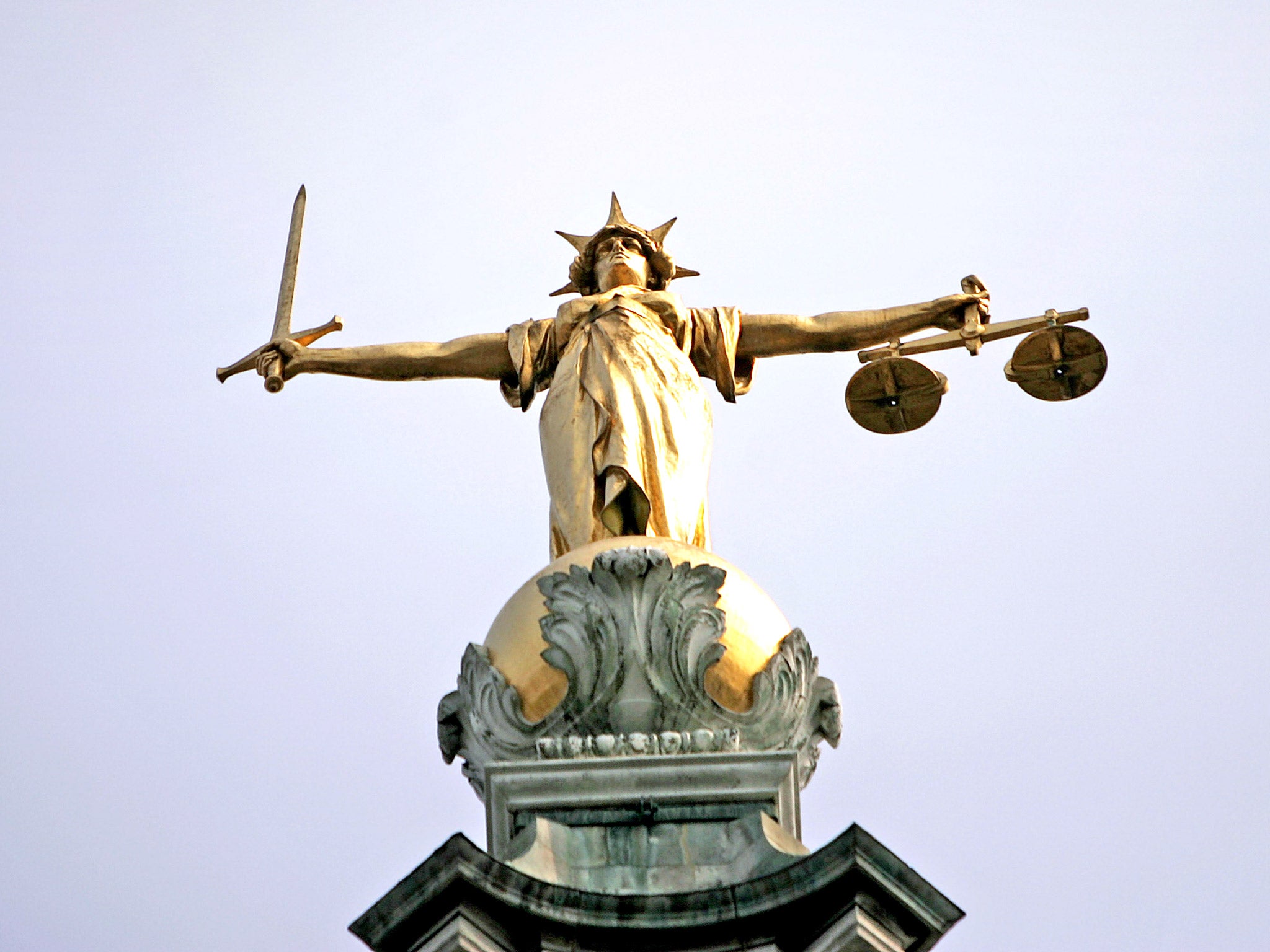Terror trial to be heard in secret in break with tradition
It could be the first time a criminal trial has been held both behind closed doors and with the defendants’ anonymity protected

A terrorism trial of two men is set to be heard in secret in an unprecedented departure from the centuries-old British tradition of open justice, the Court of Appeal has heard.
The two men – who have been identified only as AB and CD – are set to stand trial in a few weeks, with the press and public barred from the courts on the grounds of national security, the court was told.
AB and CD had been arrested in “high-profile circumstances” last year and faced allegations of preparing terrorist acts and possessing bomb-making instructions.
The media had been banned from reporting the existence of an order allowing anonymity for the defendants and restricting access to court.
Today, the media challenged the order made by Mr Justice Nicol on 19 May at the Old Bailey, and that hearing can be reported.
If the media challenge fails, it would be the first time that a criminal trial has been held both behind closed doors and that the defendants’ anonymity has been protected, according to lawyers.
In 2008, part of a murder trial was held in secret on the grounds of national security, but the defendant was named and much of the case was heard in public. However, prosecutors said that if the trial was not held in public there was a “serious possibility” that it would not go ahead.
“The Crown has sought and obtained an unprecedented order that the trial of two defendants charged with serious terrorism offences should take place entirely in private, with the identity of both defendants withheld and a permanent prohibition on reporting what takes place during the trial and their identities,” said Anthony Hudson, representing the media.
“We submit that the orders mark such a significant departure from the principle of open justice that they are inconsistent with the rule of law and democratic accountability.”
The prosecution said the decision to hold the case in secret was exceptional and the complete ban on reporting would not necessarily last.
“There is a justification for defendants to be anonymous and there is jurisdiction for the court to sit in private,” said Richard Whittam QC, for the Crown Prosecution Service.
The three judges, Lord Justice Gross, Mr Justice Simon and Mr Justice Burnett, will give their decision in the next few days.
Shami Chakrabarti, director of the civil rights group Liberty, said: “Transparency isn’t an optional luxury in the justice system – it’s key to ensuring fairness and protecting the rule of law. This case is a worrying high-water mark for secrecy in our courts.”
